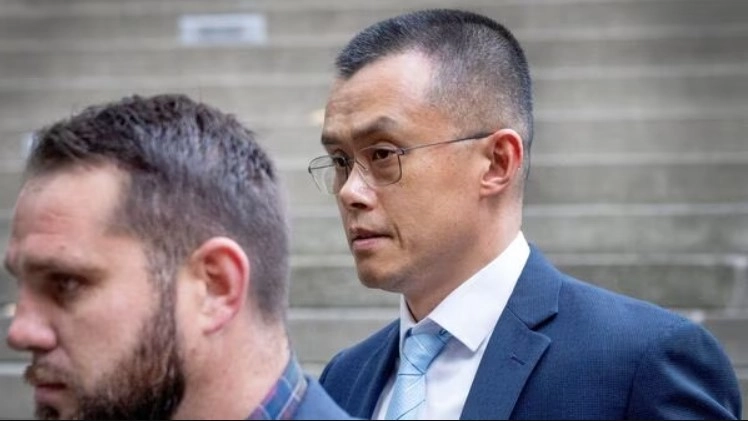The revelation emerged when Samuel Lim, Binance Holdings’ former chief compliance officer, acknowledged that the platform was being exploited for channeling funds to Hamas. The exchange reportedly processed these transactions despite being aware that the funds were destined for terrorist activities.
The CFTC’s lawsuit outlined a conversation in which Lim admitted that terrorists typically sent “small sums” through Binance. In response, a colleague displayed a seemingly nonchalant attitude, noting that the funds were insufficient for substantial purchases like an AK47. This indifference proved costly for Binance and its CEO, Zhao Changpeng, as the US government announced a $4.3 billion fine against the company and Zhao’s guilty plea for non-compliance with anti-money laundering laws.
The US Treasury Department, in a statement, accused Binance of enabling illicit actors, including terrorist organizations such as Hamas, Al Qaeda, Palestinian Islamic Jihad, and the Islamic State of Iraq and Syria, to freely transact on its platform. The settlement not only addressed the CFTC’s lawsuit but also highlighted Binance’s failure to report suspicious transactions involving terrorists.
In the midst of escalating tensions between Hamas and Israel, the US Attorney General, Merrick Garland, emphasized Zhao’s willful violation of federal law, specifically the obligation to prevent money laundering and terrorist financing. As part of the settlement, Binance is required to report suspicious transactions moving forward and review past activities that should have been disclosed.
The fines imposed on Binance amount to $4.3 billion, with the US Treasury’s Financial Crimes Enforcement Network receiving $3.4 billion and the Office of Foreign Assets Control obtaining $968 million. This marks the largest fine in the history of the Financial Crimes Enforcement Network.
Related: CZ Takes Responsibility and Steps Down as Binance CEO
The cryptocurrency industry has witnessed a concerning trend of some entrepreneurs displaying cavalier attitudes toward the potential misuse of their platforms by terrorists and other malicious actors. The Binance case echoes similar instances, such as the guilty pleas of BitMEX co-founders for neglecting anti-money laundering policies and the sentencing of Ethereum Foundation researcher Virgil Griffith for his involvement in a North Korean cryptocurrency conference aimed at evading sanctions.








